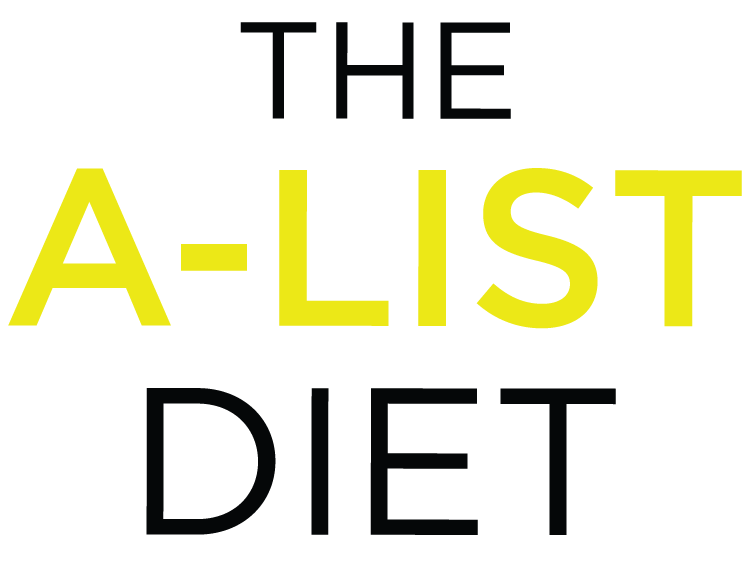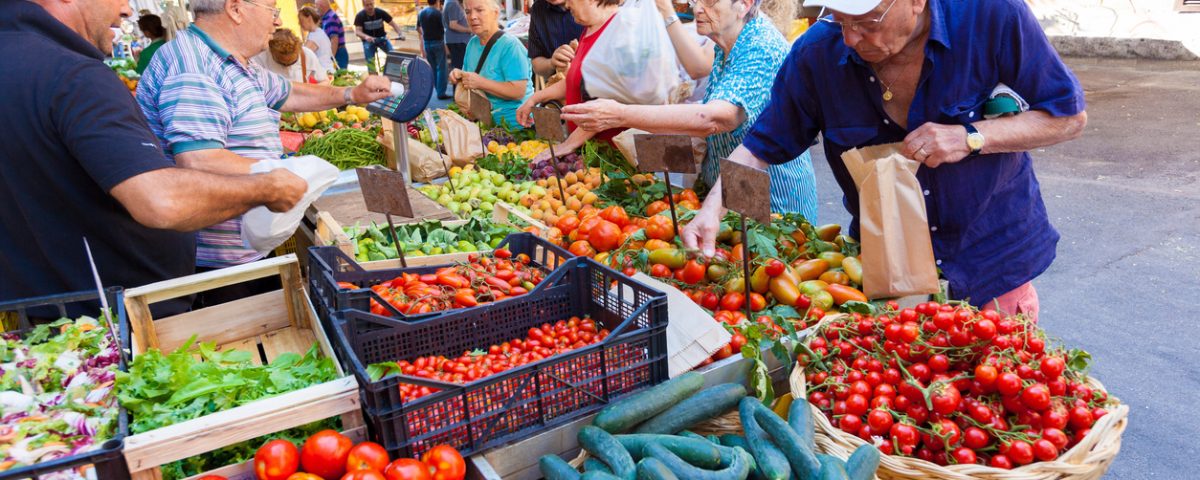The Standard American Diet has a very appropriate acronym: It’s very SAD indeed. That’s because it’s packed with processed foods full of chemicals and other unhealthy substances that harm the body.
Of course, even if you already know you should be avoiding the processed, packaged foods that make up the bulk of the SAD, there’s still confusion about how to make the healthiest choices in the supermarket. In fact, one of the biggest struggles for dieters seems to be having the right food knowledge to help influence their grocery shopping choices.
And one of the most common questions I hear is, “Is buying organic worth it?”
For the most part, the answer is yes. Organic foods are inherently more nutritious. In fact, brand-new research shows that organic crops and foods contain up to 69 percent more antioxidants than conventional crops grown with pesticides. So we’re talking about nearly 70 percent more disease-fighting power.
In fact, a team of UK researchers found that the antioxidant boost you get from switching to organic products could be the equivalent of eating one or two extra servings of fruit and veggies every day.
You could also significantly reduce your exposure to nitrates, nitrites, and toxic heavy metals — like lead, mercury, and cadmium — by eating organic crops. Not to mention reduce inflammation and shed pounds.
That said, I often choose non-organic, local food over organic food that travels a long distance to my plate.
You see, the terms “local” and “organic” aren’t interchangeable. “Local” means nothing other than that the food was grown or produced near you. It doesn’t necessarily mean that it’s organic and/or pesticide-free.
On the flip side of this coin, “organic” doesn’t always imply that the food is locally sourced. In fact, a lot of organic produce comes from Mexico.
And while organic food does have a lot going for it, as I outlined above, there’s simply no substitute for knowing where your food is coming from. For instance, I’ve found a local farm where I get my produce and meat. That way, I know exactly how the animals are treated and how the fruits and vegetables are grown. Plus, fresh local food is packed with live enzymes you won’t find in food that has spent weeks in crates being shipped across the globe. And the good news is, it’s often possible to find the best of both worlds — local, organic food.
It may sound extreme, but it’s not as difficult as it might sound. In Chapter 6 of The A-List Diet, I’ll tell you how to find the best sources for locally grown food near you. And I’ll also give you three important questions you can ask before you buy anything at a farmer’s market, farm stand, or even a natural food market.
Resources like this will help you become a food expert on your journey to weight loss success! Learn more by ordering your copy of The A-List Diet today.
A-Listers’ Corner
Question: When it comes to choosing the right foods, what about gluten?
Answer: I don’t think gluten has any place in the human diet because of the high levels of inflammation it creates. The good news is, The A-List Diet is a program that is naturally gluten free, even in phase three. There are some modifications in the condiment and alcohol section that you would need to make, but otherwise you will be gluten free without any additional effort. You can sit back and let The A-List Diet do the work for you!
One more thing…
I know organic produce and grass-fed and finished meat can be expensive — but if you can’t afford an all-organic diet, or can’t find a local farm that uses organic practices, don’t give up and dive backward into a bin of powdered donuts. Focus on local nonorganic fruits and vegetables instead. It’s may not be quite as good as organic, but it’s way better than eating no fruits and veggies at all.
If you’re still spending more on food even after buying nonorganic, remember this: You’re likely saving on future doctor bills.
The bottom line is, make the best choices nutritionally that your budget allows. Just know that the better the ingredients, the better the taste and the better the health outcome. The weight loss will occur no matter what.

